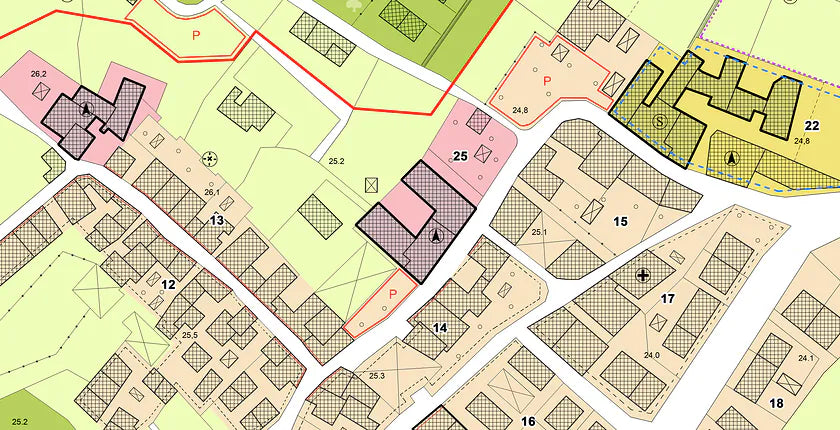
Zoning is a fundamental concept in the world of construction, establishing specific guidelines on what can be built on certain land. Understanding and correctly applying these regulations is crucial for any construction project, as it determines the viability and success of the project. This article explores the importance of zoning, its implications for construction, and how effectively integrating these standards into planning can optimize the construction process.
Understanding Zoning
-
Definition and Purpose:
- Zoning involves rules established by government agencies that outline construction possibilities on specific properties. This includes classifications such as residential, commercial, agricultural, and others, each with its own requirements and limitations.
-
Classifications and Regulations:
- The classifications determine the type of construction permitted (for example, residential or commercial buildings) and are accompanied by details about maximum height, lot size and other construction aspects.
The Importance of Zoning in Construction
Zoning not only defines what can be built, but also directly influences the planning and execution of construction projects. Ignoring these guidelines could result in delays, additional costs, or even the project becoming unfeasible.
Integrating Zoning into Construction Planning
-
Zoning Data Incorporation:
- Integrating zoning information into construction planning is essential to ensure compliance with local codes and optimize land use.
-
Task Scheduling and Distribution:
- Defining tasks and distributing teams according to zoning specifications allows for a more efficient workflow, avoiding overlaps and delays.
Benefits of Zoning Management in the Cloud
-
Team Coordination:
- By keeping up-to-date zoning information in the cloud, you can ensure the right teams are in the right location at the right time, avoiding conflicts and maximizing productivity.
-
Standardization and Efficiency:
- Planning based on clear standards increases efficiency, minimizes errors and contributes to saving time and resources.
-
Improved Communication:
- With real-time progress updates, everyone involved in the project remains informed about the progress of the work, improving coordination and decision-making.
-
Waste Reduction:
- The standardization and predictability provided by detailed planning and zoning minimize waste of materials and time.
-
Protection of Project Margins:
- By avoiding delays, waste and disputes, project margins are protected, ensuring its financial viability.
Technological Conclusion
The efficient integration of zoning into construction planning is an essential strategy for the success of any project. Using technologies such as the cloud to manage and share this information not only optimizes the construction process but also ensures compliance with local regulations, protects project margins and promotes more effective and sustainable execution.

